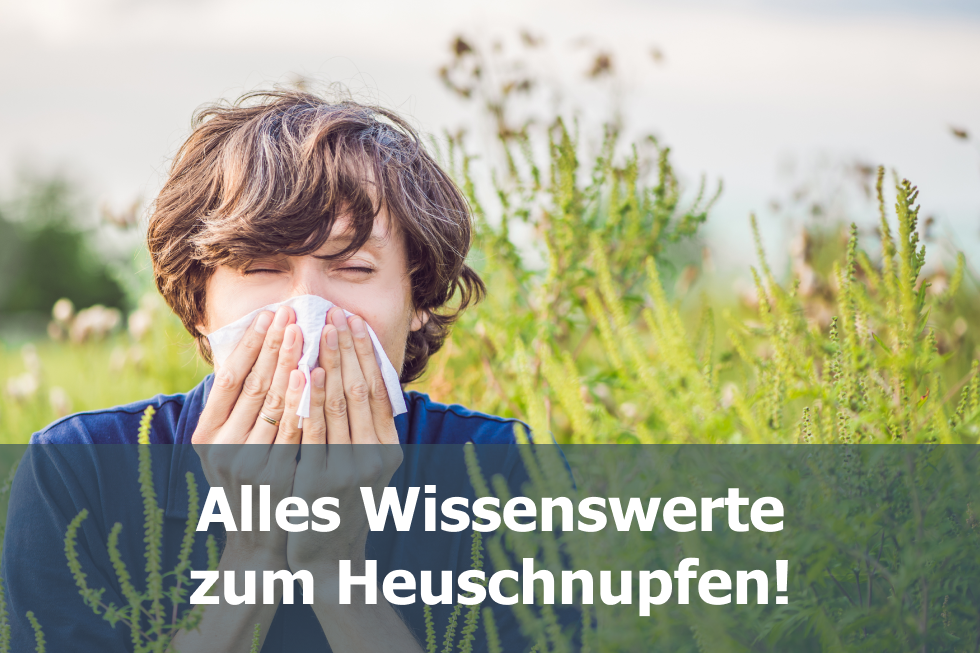Allergies range from mild to severe and cause life-threatening reactions. You can be allergic to many things – pet dander, peanuts, pollen, etc. You can’t prevent allergies, but you can alleviate them. Fortunately, there are ways to relieve symptoms. Try these methods to minimize discomfort, whether you’re having a mild or severe reaction.
1. Avoiding allergy triggers
The best way to control your symptoms is to avoid the allergen. This is the starting point for an effective defense against allergies. Of course, this requires knowledge about the things you are allergic to. In case of:
- Food allergies – Carefully read food labels and the labels of other products that may contain the allergen. Watch what you eat
- Allergies to pets – ventilate the room frequently, keep pets clean and avoid keeping them in your bedroom
- Allergy to mold and dust – keep the house clean, air the rooms, ensure adequate ventilation, regularly wash bedding, carpets, curtains, etc.
- Pollen allergy – stay indoors and avoid pollen dense areas
Some people have problems with allergy symptoms when pollinating trees and shrubs. To reduce exposure to pollen, follow a few rules:
- Wear a mask when working outdoors. When tending to your garden or yard, a surgical mask can help minimize exposure to pollen.
- Stay indoors on dry and windy days. The best time to go outside is when it’s raining to remove pollen from the air.
- After returning from the outside, undress and shower to remove pollen from your skin and hair.
- Avoid hanging your laundry outside as pollen can stick to clothing, bed linen and towels.

2. Immunotherapy (desensitization)
Immunotherapy may be an option for a small number of people with severe and persistent allergies. They are unable to control their symptoms with readily available means. Treatment of allergies with immunotherapy consists of injections or drops/tablets containing a small dose of the allergen under the tongue. This process takes several years and forces the body to get used to the substance in question, preventing serious symptoms in the future.
The injection should be done only in a specialized clinic under the supervision of a doctor, since the risk of a serious reaction is low. The drops or tablets can usually be taken at home. This method does not completely cure allergies, but it makes them milder and reduces the amount of strong drugs you take.
Go to the pharmacy
Medications for mild allergic reactions are available over the counter. Ask your pharmacist or doctor for advice on the type and dosage before using this medicine. Medicines available in pharmacies relieve nasal congestion, fight sneezing and itching. If the specified dose does not work, it is possible that your individual metabolism does not match the medication in question.
Antihistamines are most commonly used to treat allergies. They come in different forms. These include tablets, creams, eye drops, capsules and nasal sprays.
Decongestants are typically used to temporarily treat a stuffy nose. They should not be used for more than a week at a time as they can significantly worsen symptoms. They come in different varieties including tablets, capsules, sprays and nasal spray.
Steroids help reduce the inflammation caused by allergic reactions. There are weak steroids available over the counter in the form of eye drops and nasal sprays. The stronger ones are only available by prescription and come as creams, inhalers, and tablets.
Lotions and creams are used to treat skin to which an allergic reaction has developed. They contain a substance that reduces itching, inflammation and a moisturizing ingredient to keep the skin properly hydrated.
4. Keep the air in the room clean
Reduce the dust in your home. If you are allergic to dust or dust mites, remove the carpet, especially where you sleep. Keep your home clean – vacuum the floor and dust. You can wear a dust mask during these activities. Open the windows and let in some fresh air. If you are allergic to pollen, close the windows and turn on the air conditioning. Use high efficiency filters and follow regular maintenance schedules. Use a portable high-efficiency diesel particulate filter (HEPA) in your bedroom.
5. Do a nasal douche
Pollen sticks to our mucous membranes. Flush your nose with saline to remove allergens while minimizing symptoms. Nasal irrigation is a quick, inexpensive, and effective way to relieve nasal congestion. Ask the pharmacy for a squeeze bottle specifically designed for intranasal use. After each use, rinse the irrigator with distilled, sterile, boiled and chilled or filtered water and allow to air dry. Gargling with salt water can relieve pain or a sore throat. Do this once or twice a day during allergy season for hay fever relief.
